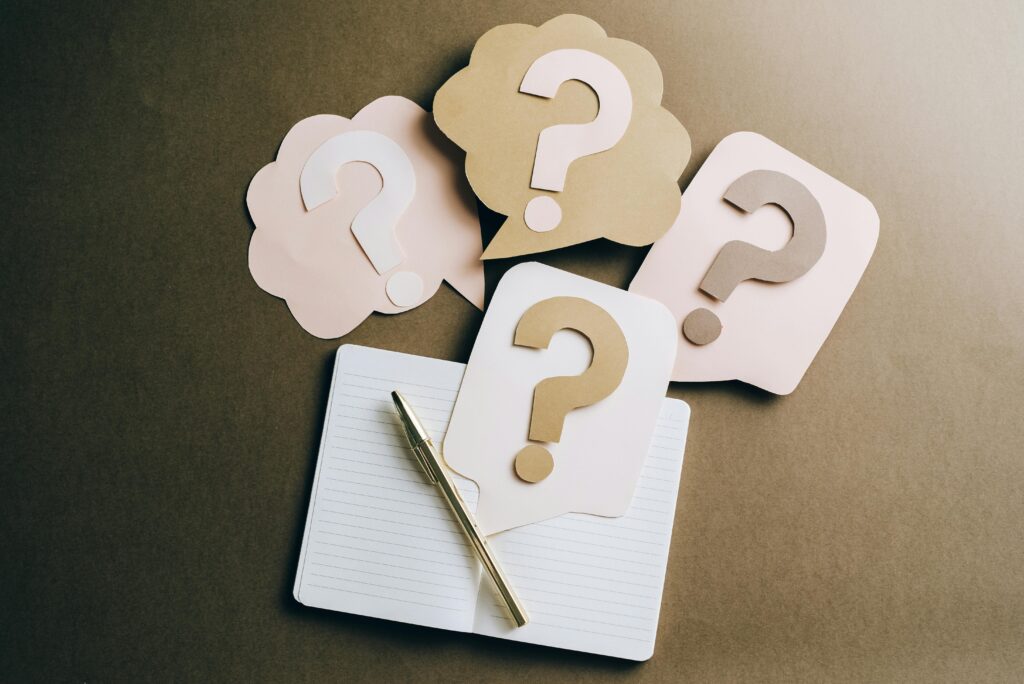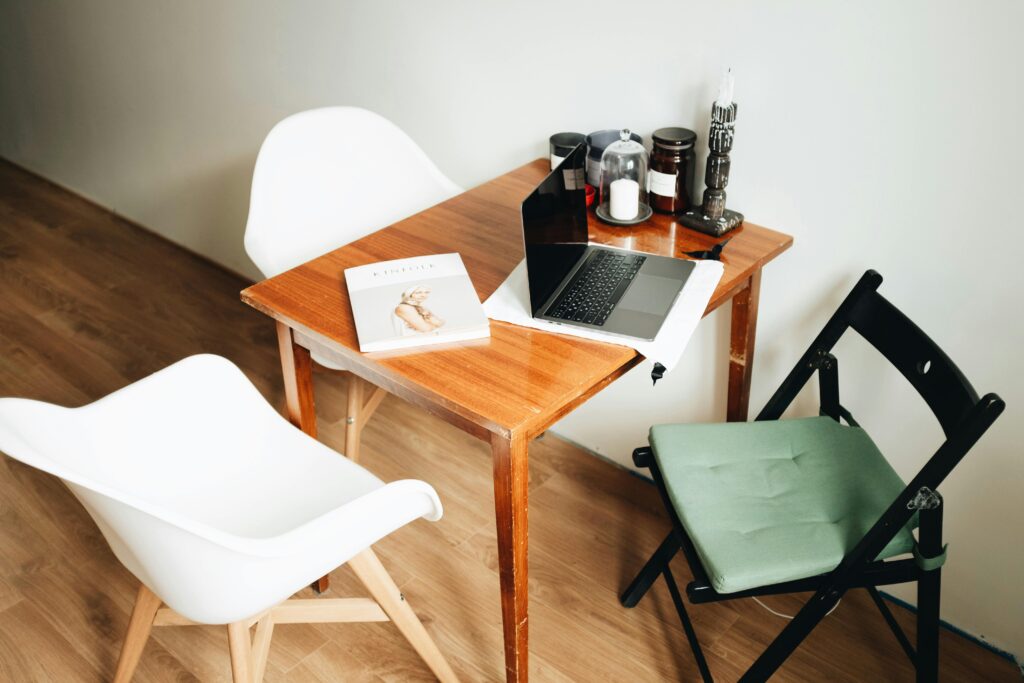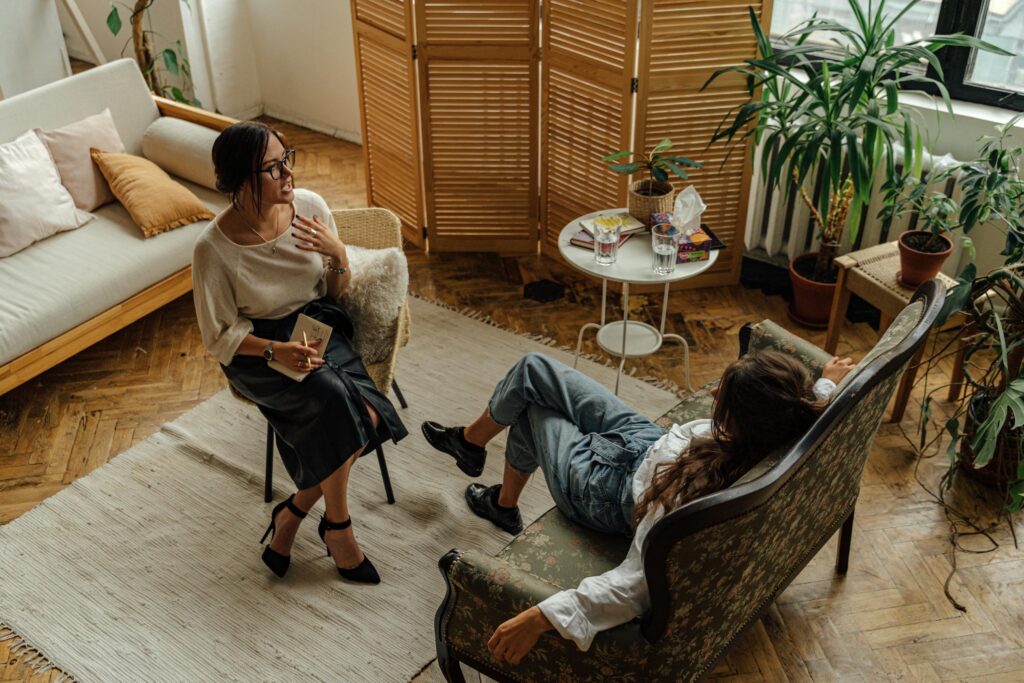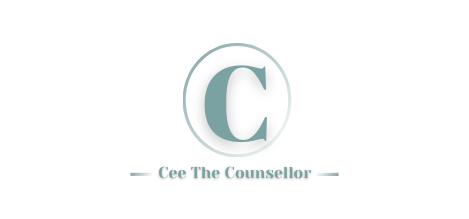
General Counselling Questions
What is counselling and how can it help me?
Counselling is a safe, confidential space where you can talk openly about your thoughts, feelings, and experiences without judgment. It can help you understand yourself better, process difficult emotions, develop coping strategies, and make positive changes in your life. Many people find counselling helpful for reducing stress, improving relationships, building confidence, and finding a sense of clarity and direction.
What’s the difference between counselling and therapy?
The terms counselling and therapy are often used interchangeably. Counselling tends to focus on specific issues and may be shorter-term, whereas therapy can be longer-term and explore deeper patterns in your life. In practice, both involve working together to understand your challenges and find ways forward.
How do I know if I need counselling?
You might benefit from counselling if you’re feeling stuck, overwhelmed, anxious, low in mood, or struggling with life changes. It’s not only for times of crisis, you can also come simply to better understand yourself, improve relationships, or explore personal growth.
What type of counselling do you offer?
I offer integrative counselling which includes a combination of CBT (cognitive behavioural therapy), humanistic and psychodynamic therapy, and these are tailored to you as an individual. My approach is empathetic, non-judgmental, and collaborative.
How long will I need counselling for?
This varies for each person. Some people come for just a few sessions to work on a specific issue, while others attend for several months or longer. We’ll regularly review progress together every 3 months and decide what feels right for you.
What happens in a typical counselling session?
Each session is a space for you to talk about whatever is on your mind. I’ll listen carefully, ask questions to help you explore your thoughts and feelings, and support you in finding insight and ways forward. You set the pace so there’s no pressure to share more than you feel ready to.
Practical & Booking Questions

Do you offer online or telephone counselling?
Yes. I offer online sessions via Google Meet and telephone counselling so you can access support from the comfort of your own space. I do not currently offer face-to-face sessions.
Do you offer free consultations or discounted rates?
I offer a free 15-minute consultation so we can discuss your needs and see if we’re a good fit. Reduced rates are available for students and those with low income (evidence of this will be required).
Will what I say be kept confidential?
Yes, everything you share is treated with respect and kept confidential.
Are there any situations where confidentiality might be broken?
The only exceptions are if I believe you or someone else is at serious risk of harm, or if I am legally required to share information. I’ll always try to discuss this with you first.
What issues can you help with?
I can support you with a wide range of challenges including anxiety, depression, stress, relationship difficulties, grief and loss, self-esteem, life changes, and personal growth. There is nothing that we cannot discuss, it is your space.
What if I’m nervous about starting counselling?
Feeling nervous is completely normal, it takes courage to take the first step. My role is to make you feel as comfortable and supported as possible. You set the pace and we go from there.
What if I don’t know what to talk about?
That’s okay, sometimes people come to counselling with a clear goal, other times they’re unsure. We can start wherever you feel comfortable, even if that’s simply talking about how your week has been.
Do I need to prepare before my first session?
No preparation is necessary. Just bring yourself and an openness to talk. If it helps, you can jot down any topics or questions you’d like to cover.
What if I don’t feel comfortable with you as my counsellor?
The counselling relationship is important. If you feel we’re not the right fit, that’s okay, I can suggest other counsellors who may suit your needs better.
Do you work with young people or children?
I work with young people aged 16 and over.
What if I have a mental health diagnosis, can I still see you?
Yes, many people with a diagnosis find counselling helpful. We’ll work together to support your wellbeing alongside any other care you’re receiving.

End Of Therapy
How will I know when it’s time to end counselling?
We’ll regularly review your progress together. You may feel ready to end when you notice positive changes, feel more confident in managing challenges, or have achieved the goals you set.
What happens after counselling ends?
You may choose to end completely, or we can arrange occasional check-in sessions to help maintain progress. I’ll also signpost you to resources and support if needed.
Can I return for more sessions in the future?
Absolutely. Many clients return at different stages in life when they feel they’d benefit from extra support. You’re always welcome back.
